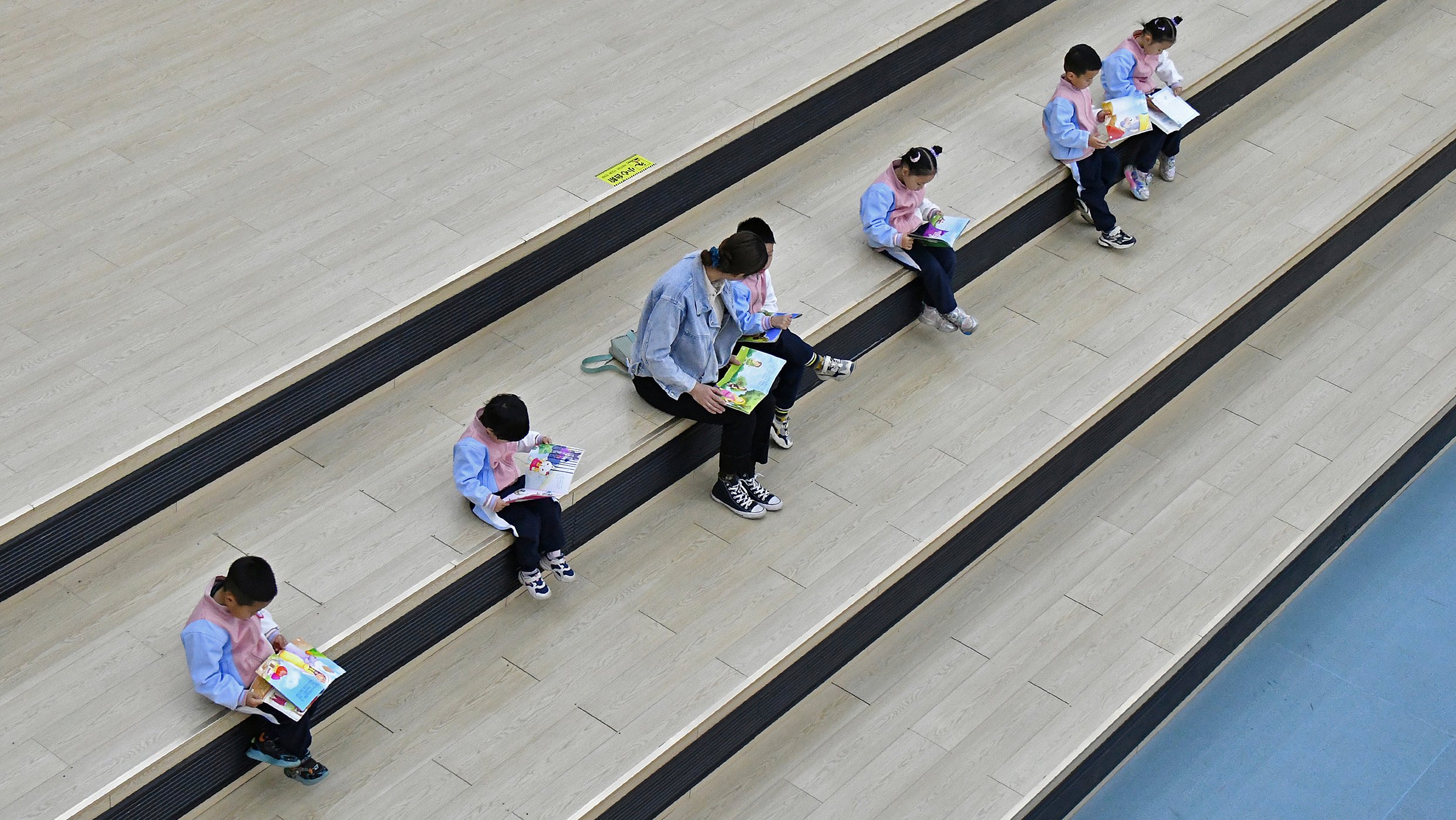Chinese citizens have mixed feelings as the country’s education industry has become the latest sector to face regulatory scrutiny, with authorities vowing to crack down on private training companies.
The State Council — China’s chief administrative authority — announced a new set of educational policies last Saturday to reduce students’ workloads and tighten rules on for-profit curriculum tutoring firms.
The regulations call for turning all existing curriculum-based tutoring companies into non-profit entities, banning new for-profit curriculum tutoring facilities, restricting market capitalization and foreign investment in this sector, and limiting tutoring sessions to only school days.
Though the document does not clarify when the new rules will go into effect, Beijing, Shanghai, Guangzhou and Chengdu are among the first group of pilot cities to enact the new regulations.
You might also like:
 Bye-bye Child Tiktokers, China Bans Under-16 LivestreamersPublic opinion seems supportive of the new rules, although several people questioned how effectively the policy would be implementedArticle Jul 22, 2021
Bye-bye Child Tiktokers, China Bans Under-16 LivestreamersPublic opinion seems supportive of the new rules, although several people questioned how effectively the policy would be implementedArticle Jul 22, 2021
These regulatory changes are the latest steps in China’s years-long efforts in educational reform. They could be considered the toughest measures yet to tackle the country’s increasingly overheated after-school private tutoring sector.
The stock prices of major Chinese tutoring companies, such as New Oriental Education and Technology, TAL Education Group and Gaotu Techedu Inc., plunged nearly 54%, 70% and 63%, respectively, following the release of the new policy.
“Now, everyone is concerned about alleviating the academic burden on students, [but] it is also necessary to reduce the burden on teachers,” wrote the most upvoted comment under a related post on the Chinese microblogging platform Weibo. “That will help them to put more energy into teaching, which can help improve the quality of education as well.”
Another netizen believes the education sector has experienced involution, a popular Chinese internet buzzword that refers to an inactive status or lack of further progress, writing, “There is serious involution in education, I hope there will be effective regulations in this field.”
Related:
 Why this “Involuted” Generation of Young Chinese Are “Lying Flat”Tired and stressed from work, China’s millennials and Gen Z choose to lie downArticle Jun 03, 2021
Why this “Involuted” Generation of Young Chinese Are “Lying Flat”Tired and stressed from work, China’s millennials and Gen Z choose to lie downArticle Jun 03, 2021
“I don’t think the new policy has anything to do with education equality, unfortunately,” says Chenneyeane Chen, who previously worked at a large tutoring company in Hangzhou. “More VIP private tutoring programs on weekday evenings might emerge instead, which only affluent families can afford. Therefore, it will only affect those parents who are not that well-off.”
Chen is currently a teacher at a children’s tutoring firm and admits that as early as September, she will not be able to work on weekends and holidays due to the new policy.
An owner of English-language schools in Guangzhou, who requested anonymity, echoed Chen’s remarks, saying that parents still want this type of education and will resort to hiring private teachers. He added that its effect on reducing the academic burden on young students might be limited, telling RADII, “it might help reduce burdens on students to some extent, but most of the burden comes from the homework load provided by their primary schools.”
Nevertheless, the regulatory changes are a big shock to language training companies. This is particularly true for small-sized entities that must navigate the increasingly complicated legal framework with limited resources.
On the other hand, big companies are more likely to find alternative ways to adapt to the challenges.
Related:
 Chinese Social Media Reacts to New “Three-Child Policy”The Chinese internet is not impressedArticle May 31, 2021
Chinese Social Media Reacts to New “Three-Child Policy”The Chinese internet is not impressedArticle May 31, 2021
According to one senior manager at a Guangzhou-based education company who requested anonymity, how the industry reacts depends on how big players such as New Oriental Group respond to the changes.
Based on a recent article from Fortune, some analysts believe New Oriental Education is in a solid position to survive this round of reforms and that it could “transform its business model to focus on the education segments untouched by the new regulations, such as exam preparation and non-academic learning in arts, crafts, sports, and computers.”
The government’s new rules also come at a time when China is struggling to boost its birth rate. In late May, the introduction of the ‘three-child policy’ was met with backlash on social media, with some netizens lamenting the economic and societal barriers for raising children. The backlash resulted in state media emphasizing the fact that there will be relevant support measures together with the three-child policy.
This new policy shift, to some extent, might be the government’s latest attempt to reduce education-related costs and stress to encourage parents to make their families a little larger.
Cover image via Depositphotos


















